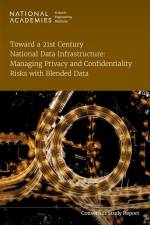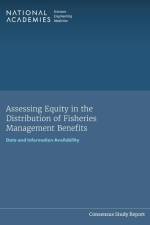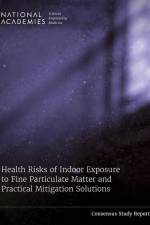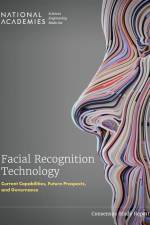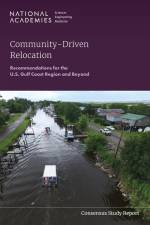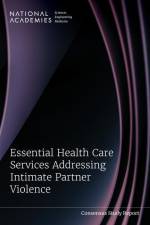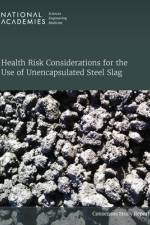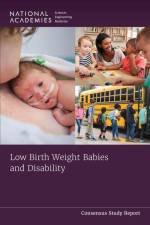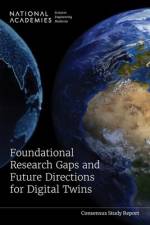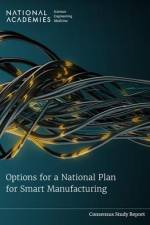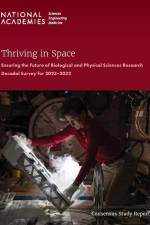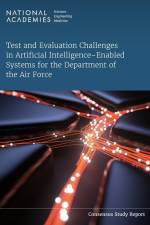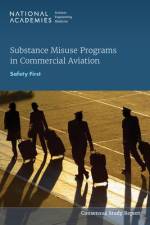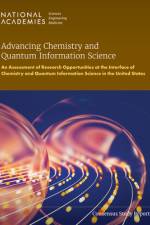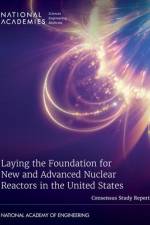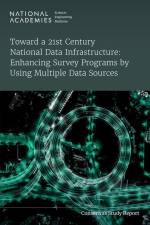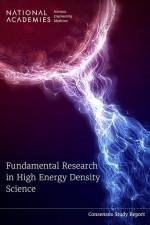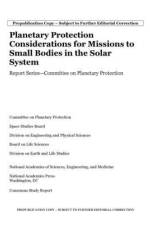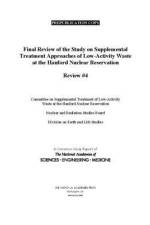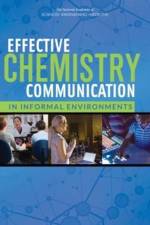av National Academies of Sciences Engineering and Medicine
481
The field of quantum information science (QIS) has witnessed a dramatic rise in scientific research activities in the 21st century as excitement has grown about its potential to revolutionize communications and computing, strengthen encryption, and enhance quantum sensing, among other applications. While, historically, QIS research has been dominated by the field of physics and computer engineering, this report explores how chemistry - in particular the use of molecular qubits - could advance QIS. In turn, researchers are also examining how QIS could be used to solve problems in chemistry, for example, to facilitate new drug and material designs, health and environmental monitoring tools, and more sustainable energy production.Recognizing that QIS could be a disruptive technology with the potential to create groundbreaking products and new industries, Advancing Chemistry and Quantum Information Science calls for U.S. leadership to build a robust enterprise to facilitate and support research at the intersection of chemistry and QIS. This report identifies three key research areas: design and synthesis of molecular qubit systems, measurement and control of molecular quantum systems, and experimental and computational approaches for scaling qubit design and function. Advancing Chemistry and Quantum Information Science recommends that the Department of Energy, National Science Foundation, and other funding agencies should support multidisciplinary and collaborative research in QIS, the development of new instrumentation, and facilities, centralized and open-access databases, and efforts to create a more diverse and inclusive chemical workforce.

